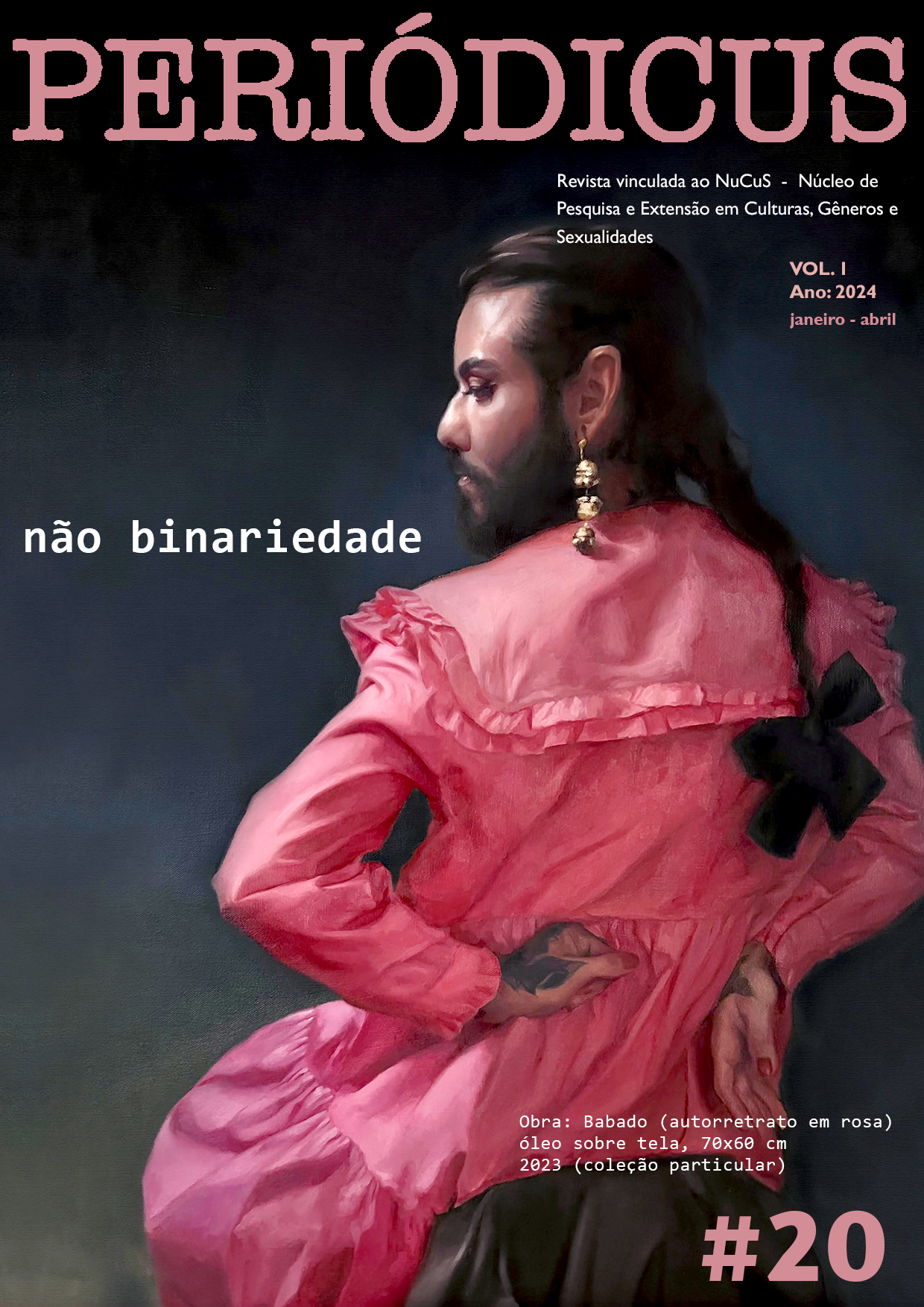Non-binary language in Pet by Akwaeke Emezi
DOI:
https://doi.org/10.9771/peri.v1i20.54693Abstract
Akwaeke Emezi's book, Pet, is their second published in Brazil. A fiction about a utopia where abusive, violent people were considered monsters and got isolated from society thanks to angels. A world where Chimia, a trans adolescent who mostly communicates by sign language, can have a peaceful life – what changes when an angel, as Pet introduces themselve, comes out from her mother's paint. They will make her ask if new Lucille is really free from monsters and, later, make the city people ask if the chosen approach was the better way to deal with monsters. Pet plays with the children imaginary and present a portuguese nonbinary language – different than the first published in Brazil, Fresh water. This review considers the meaning of this translation choice in the book for those who read it hoping that, one day, they could live like that as well.
Downloads
Downloads
Published
How to Cite
Issue
Section
License
Copyright (c) 2024 Isabelle Ruiz Paggioro Sessino Toledo Barbosa

This work is licensed under a Creative Commons Attribution-NonCommercial 4.0 International License.
Authors who publish in this journal agree to the following terms:
Authors retain copyright and grant the journal the right of first publication, with the work simultaneously licensed under a Creative Commons Attribution Noncommercial License that allows the work to be shared with acknowledgment of authorship and initial publication in this journal, but prohibits commercial use.
Authors are authorized to enter into separate additional contracts for non-exclusive distribution of the version of the work published in this journal (e.g., publishing in an institutional repository or as a book chapter), with acknowledgment of authorship and initial publication in this journal.
Authors are permitted and encouraged to publish and distribute their work online (e.g., in institutional repositories or on their personal website) at any point before or during the editorial process, as this can generate productive changes and increase the impact and citation of the published work (see The Effect of Open Access).








